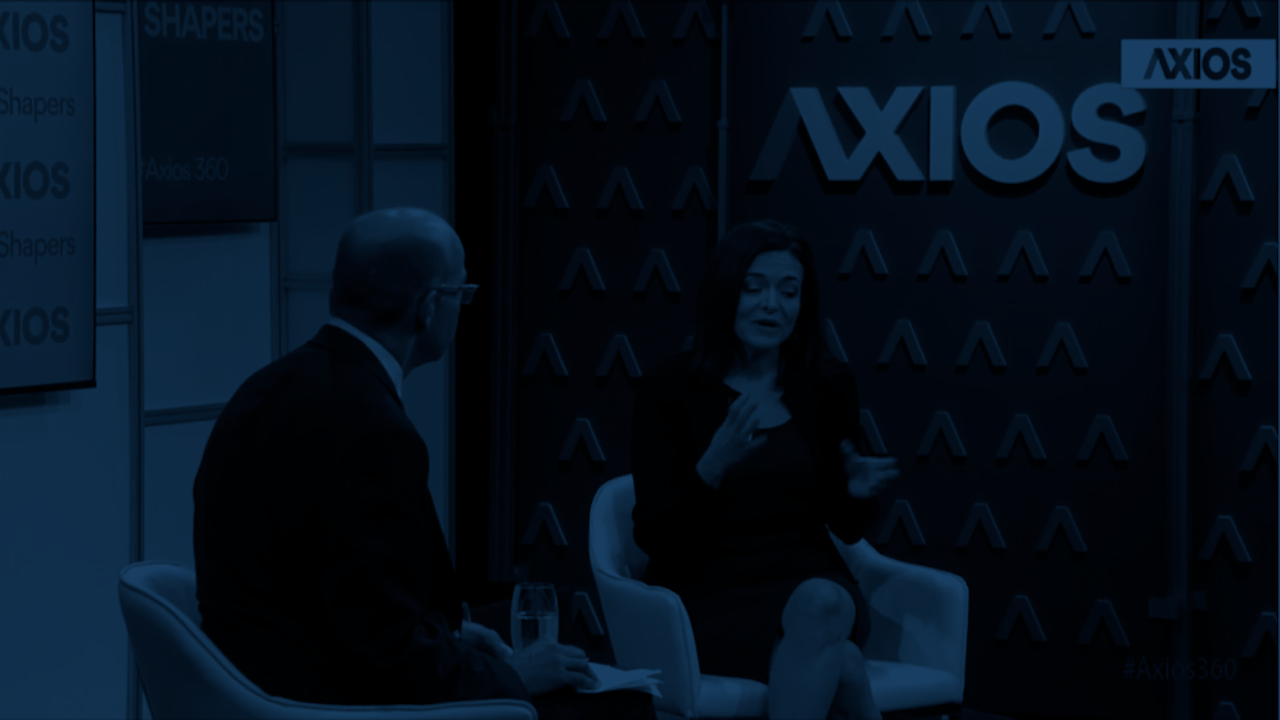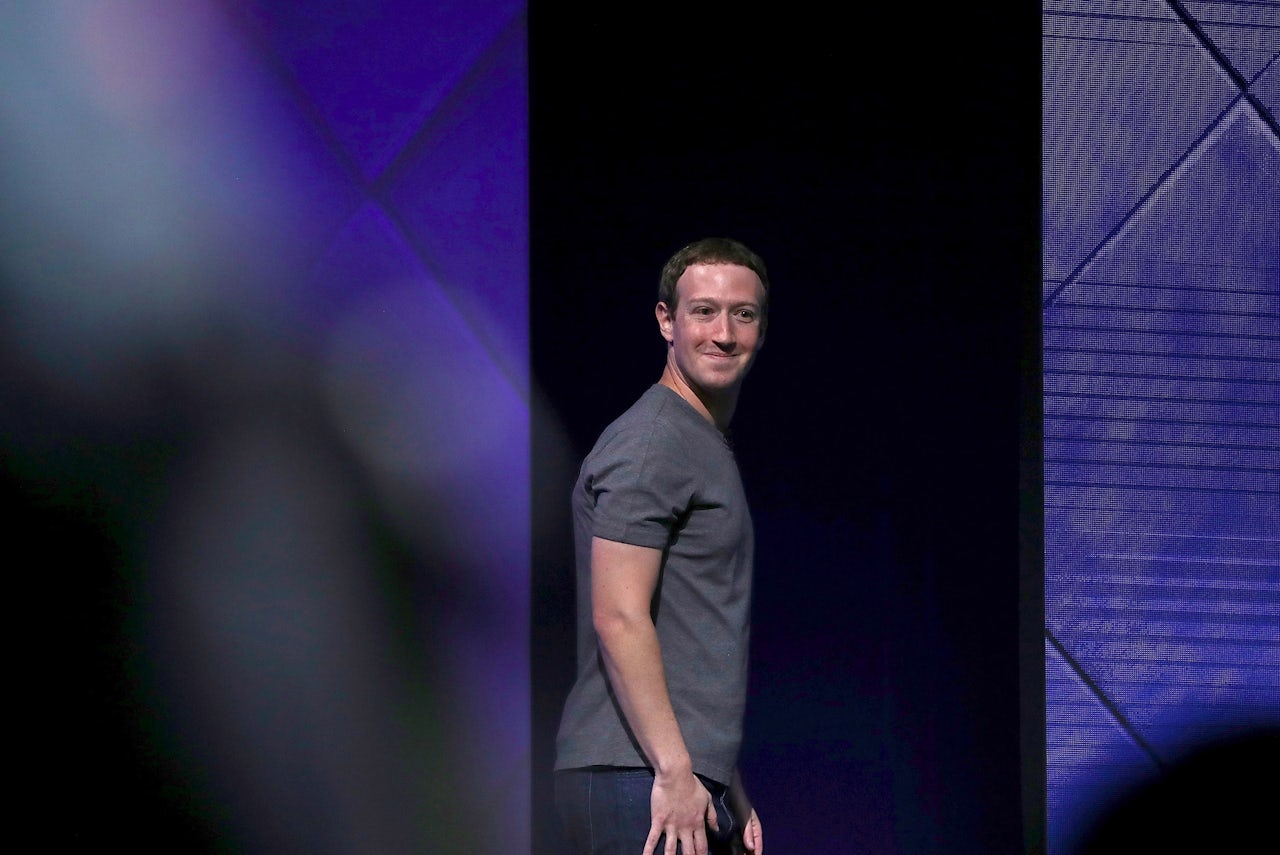Roughly two weeks before a representative from Facebook will testify before Congress about the company’s role in spreading Russian propaganda during the 2016 election, its executives have finally decided to answer the “hard questions.” That’s according to Facebook’s official blog, which launched a series of posts with the title “Hard Questions.” “We’re starting a new effort to talk more openly about some complex subjects,” wrote Vice President of Public Policy and Communications Elliot Schrage in the inaugural entry. “We hope this will be a place not only to explain some of our choices but also explore hard questions.” Those questions include things like “How should platforms approach keeping terrorists from spreading propaganda online?” and “After a person dies, what should happen to their online identity?”
It now appears that Facebook plans to answer these hard questions in the only way it knows how: the most disingenuous way possible. Facebook has partnered with notorious access journalist Mike Allen for a series of interviews for Axios. This morning Facebook’s Chief Operating Officer Sheryl Sandberg spoke with Allen in a 30 minute interview broadcast on Facebook Live. As expected, Allen’s questions were pathetic softballs — “Does Facebook contribute to our filter bubbles?” — and Sandberg deflected every one, turning it into a reason into why Facebook is actually a positive force for good in the world — “It’s such a good question, and I think it’s such a common misunderstanding, so I want a chance to explain this.”
Allen has a history of letting powerful people influence his coverage. In an email sent in 2010 and released by Gawker, Allen emailed Deputy Assistant Secretary of State Philippe Reines about interviewing his boss’s daughter, Chelsea Clinton, in a one-on-one on-stage format for his event series at Politico, Playbook Breakfast. In the email, Allen promised that he and Reines would “agree on the questions precisely in advance.” “The interview would be ‘no-surprises,’” Allen wrote. “I would work with you on topics, and would start with anything she wants to cover or make news on.” Then there was the time Allen let Reines ghostwrite an entry in his popular and influential newsletter, Playbook, promoting an upcoming documentary about the State Department. A 2010 profile in The New York Times Magazine described Allen’s practice of cultivating “friend-sources,” people who send him the types of tips — birthdays, job changes — that populate his morning newsletters. “Allen’s focus is customer service,” wrote reporter Mark Leibovich, who described Allen as a back-scratcher whose Playbook newsletter consisted mostly of trivia.
The choice is fitting for Facebook, which is notorious for its resistance to answering difficult questions from the press and runs a tightly controlled public relations operation. Facebook’s Chief Security Officer publicly agreed with me this weekend that Facebook’s culture of not speaking to the press is a problem. Facebook’s choice of doing a series of interviews with Axios is the perfect way for the company to not actually answer any of these hard questions while pretending to face criticism.
There is a reason for Facebook’s renewed interest in keeping up the appearance of transparency: the specter of government regulation.
Axios is an outlet for and by Washington D.C. insiders, including the legislators and policymakers that Facebook needs to court in order to avoid regulation for political advertisements on Facebook. Congressional democrats sent a letter to the FCC last month asking for guidance on new rules that would require companies like Facebook to disclose more information about the origin of advertisements. Outside of Congress, some have called for broader regulations on Facebook, such as regulating it as a broadcaster or a public utility, or suggesting that Facebook and other tech giants should be treated like monopolies. Facebook’s stance, as Sheryl said in the interview, was that the company should make changes before relegation comes. “In all of these issues our job is not to wait for regulation but to do the right thing for our platform.”
Allen’s interview with Sandberg felt more like a late night segment than a journalist questioning the COO of a $500 billion company. Allen opened his interview with Sandberg with a softball about releasing the Russian ads, and ended it with “who are some strong women you think should run for president?” Answer: Sandberg’s eighth grade niece, who just became class president. “You’re the best selling author of Lean In,” begins one of Allen’s questions, before allowing Sandberg to plug her (now four-year-old) book. Sandberg talked about Facebook’s upcoming virtual reality headset, Oculus Go, which Mark Zuckerberg announced on stage yesterday at the Oculus developer conference. “Mark announced we were putting out Oculus Go which is a $199 headset,” Sandberg said. “Still expensive but a lot cheaper than the last one!”
We learned nothing new about Facebook’s powers and responsibilities, although we did get to hear Sandberg talk around those responsibilities in vague, pandering terms: “We have an enormous responsibility here because people come to Facebook every day to share with their friends and family and expresses themselves,” Sandberg said. “Things happened on our platform this election that should not have happened, especially, very troubling, foreign interference in a democratic election. We know we have a responsibility to do everything we can to prevent this kind of abuse on the platform.”
The only interesting question asked by Allen was about the political ads that Facebook had identified as coming from an organized effort in Russia. Allen asked if the targeting parameters for those ads had any overlap with the targeting used by the Trump campaign. Sandberg dodged. “Targeting on Facebook is broad,” she said. ���It’s used by everyone.”
Facebook has more interviews scheduled with Axios, but at this point it seems unlikely that we will get any substantial information until the company heads to the Hill.


